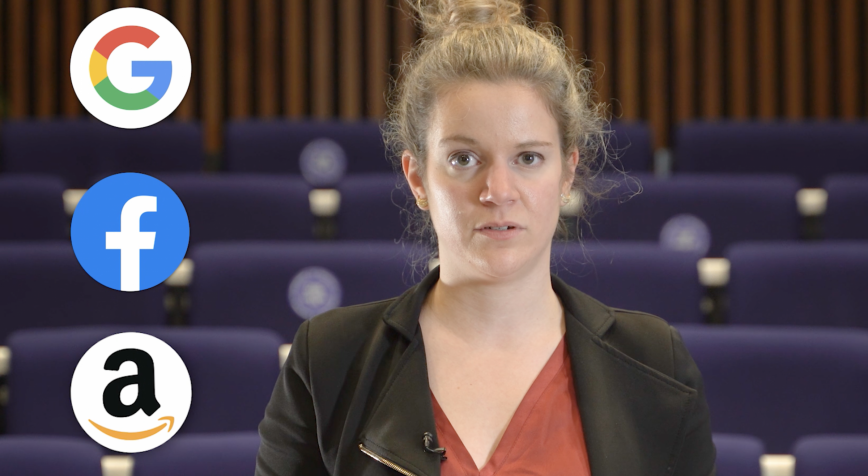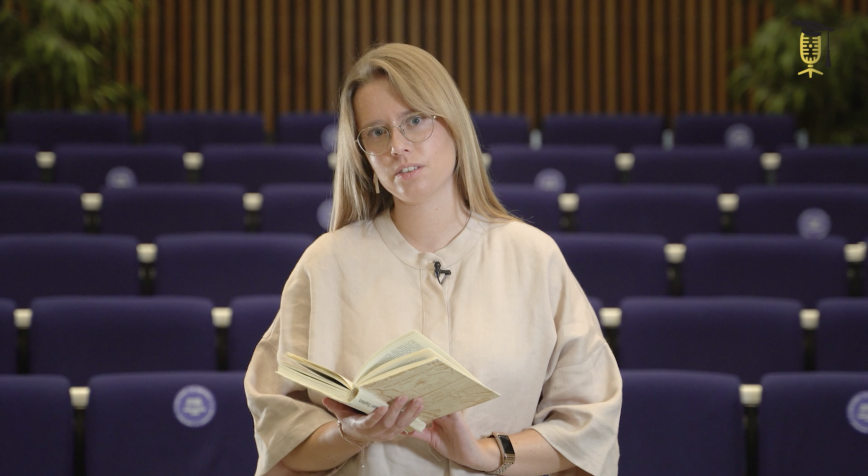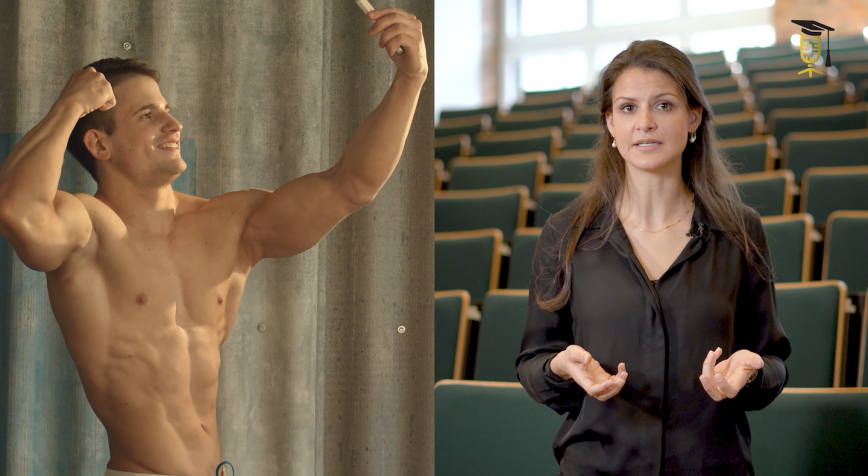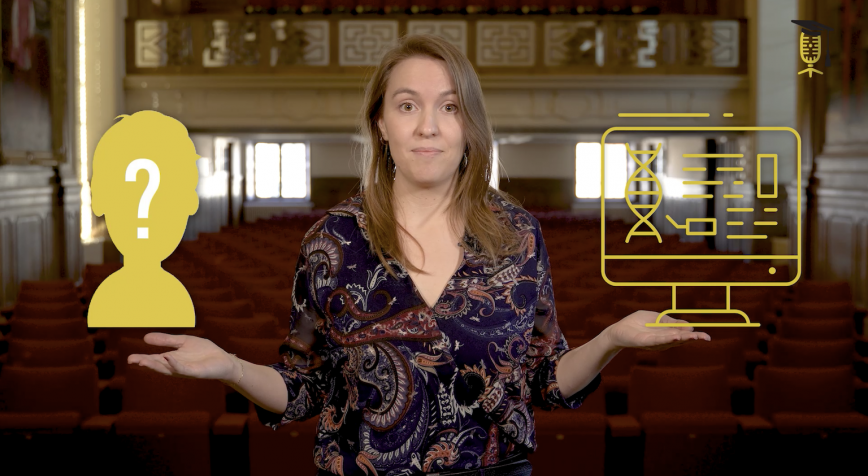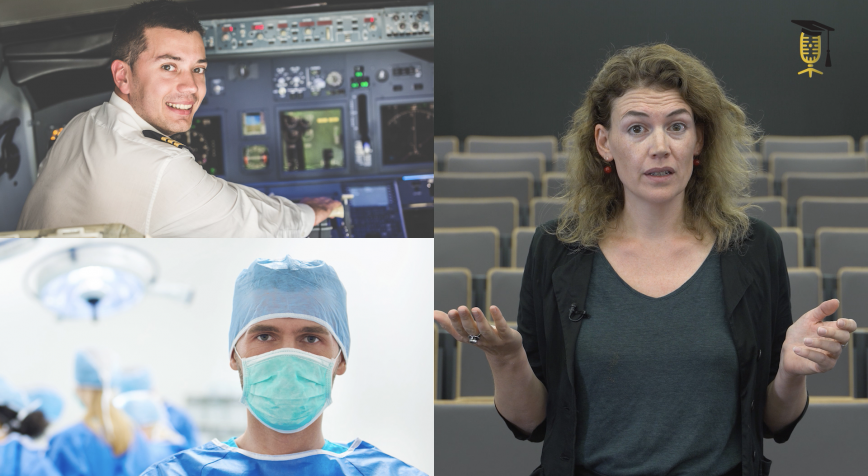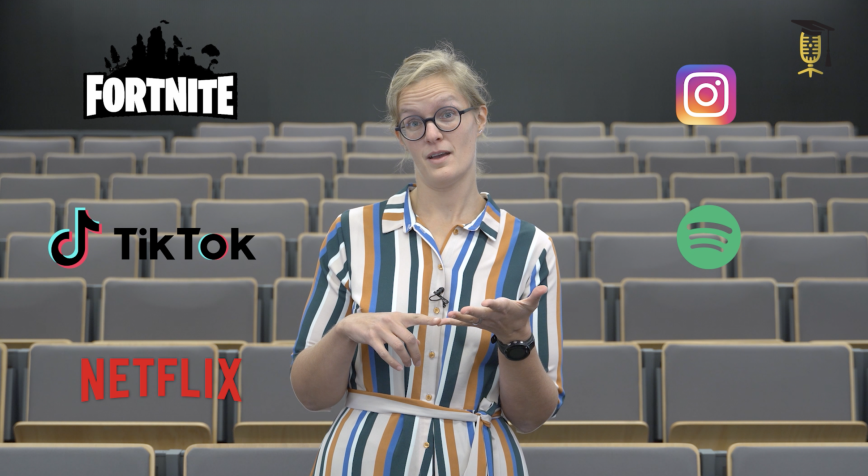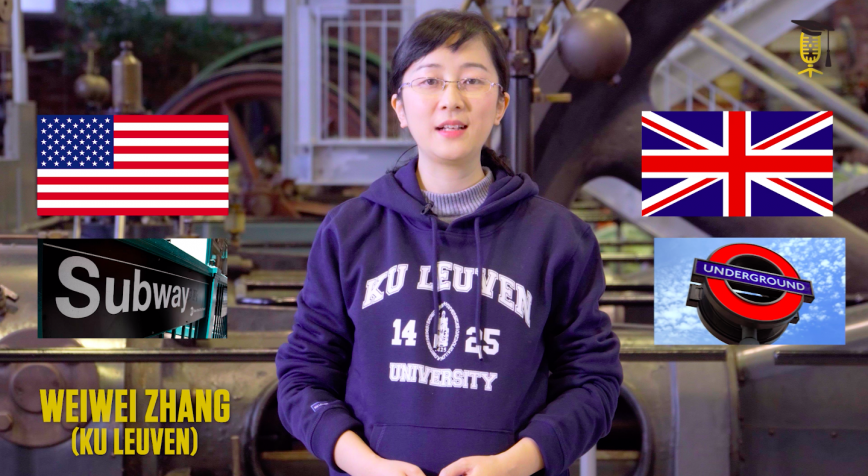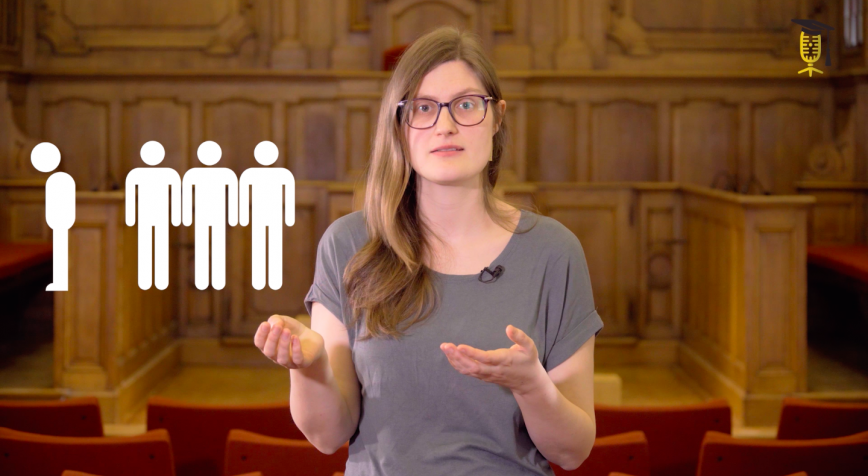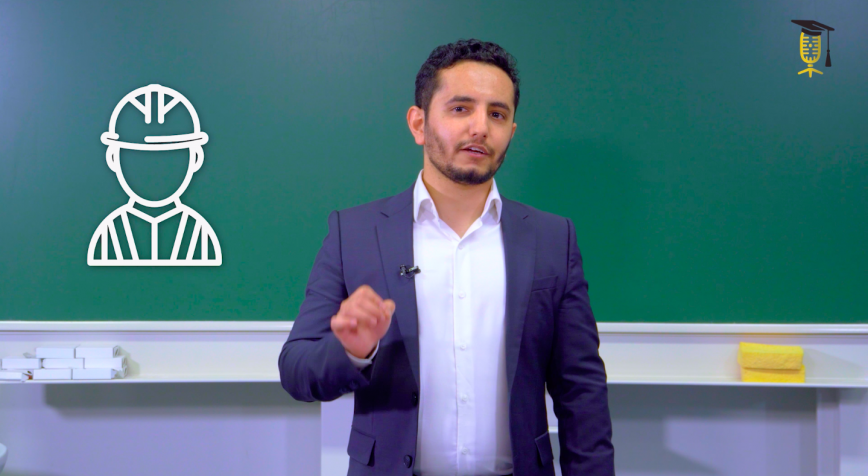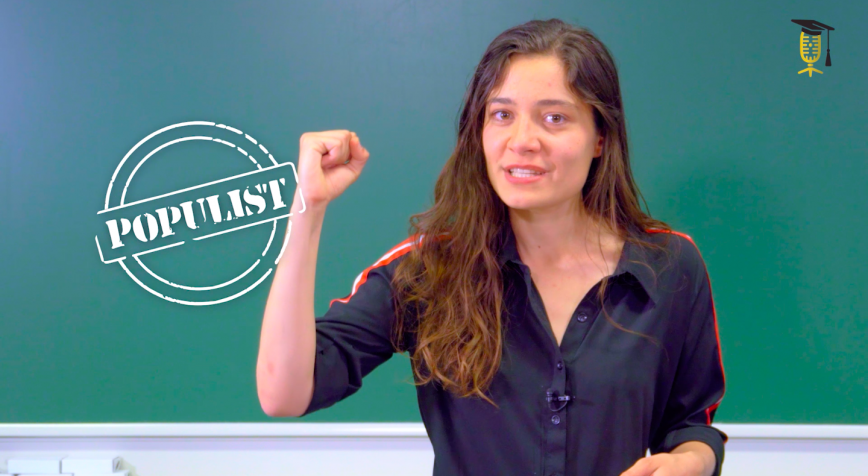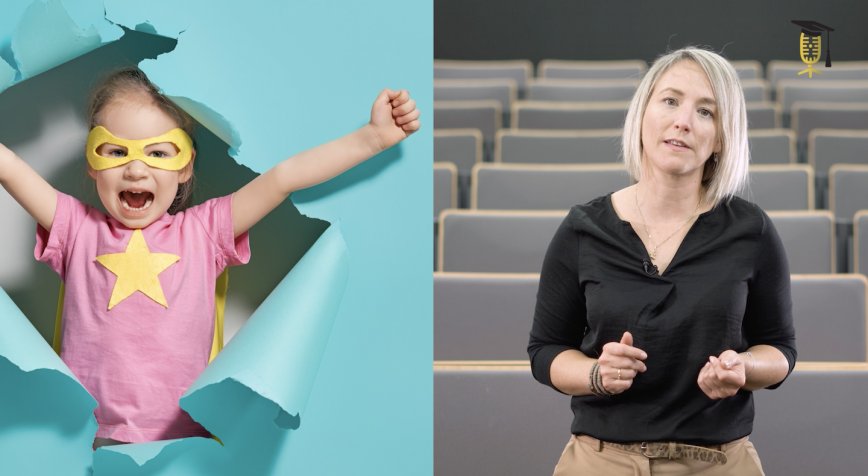
Arteveldehogeschool
UGent
Playing, learning and going out with your family. Even if you are 'different'!
For children with autism or attention or motor disorders, it is quite a challenge to participate in activities such as playing tag, taking a test, or staying over at a friend's house. Marieke Coussens and her colleagues mapped the barriers that such young children experience. This knowledge is important to be able to break down those barriers and really allow these children to participate.
